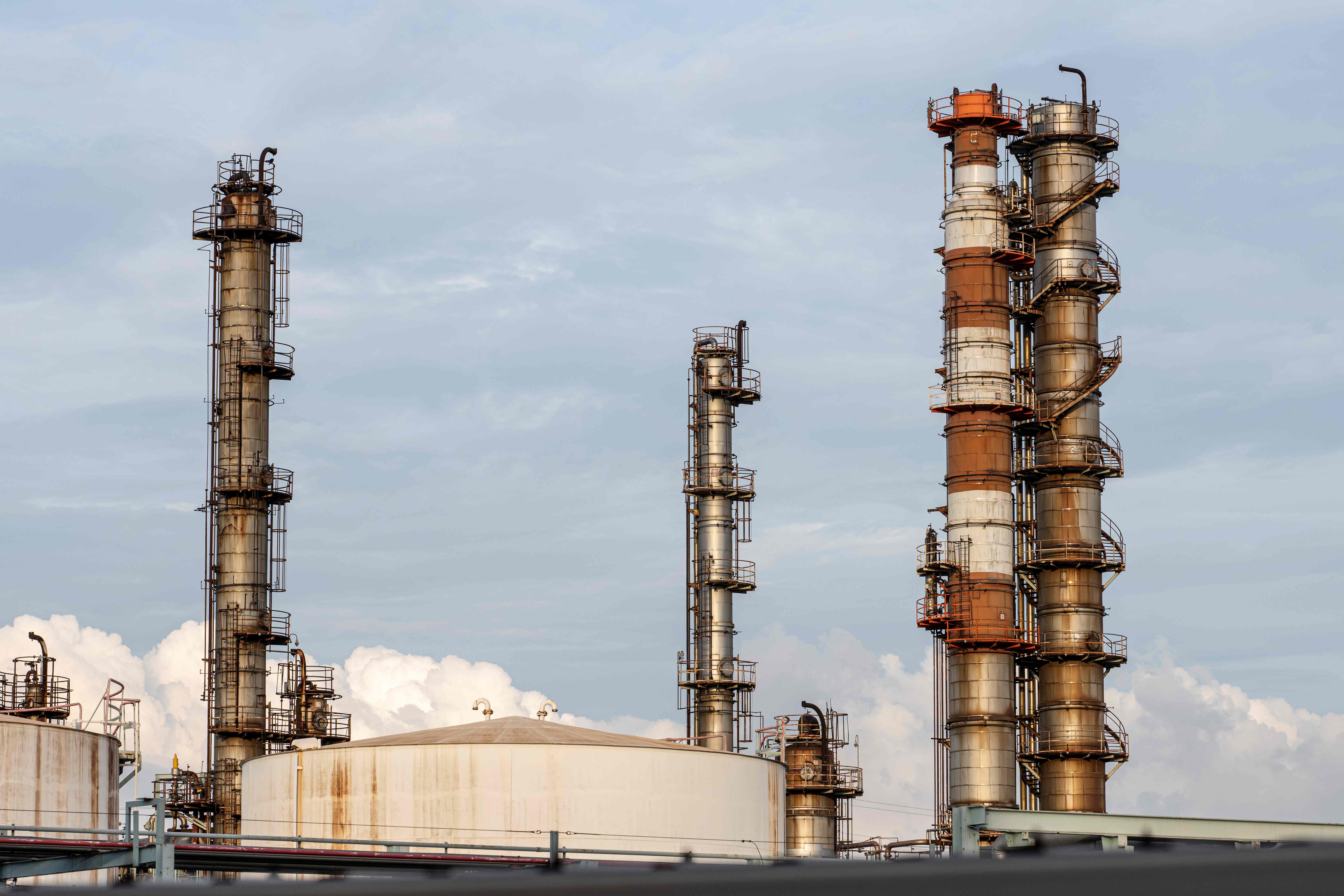The thermal energy sector in the Republic of Moldova represents the production and supply of heat for building heating and domestic hot water.
In the Republic of Moldova, thermal energy production is mainly provided by heat supply companies, including SA "Termoelectrica," SA "CET-Nord," and heat supply companies associated with sugar factories, which generate thermal energy through the combustion of fossil fuels (natural gas, coal, oil shale). Additionally, there are other enterprises that produce thermal energy using renewable energy sources such as biomass and geothermal energy.
In the field of thermal energy and cogeneration, the Ministry of Energy focuses its efforts on renovating, modernizing, or replacing outdated and low-efficiency production capacities. The emphasis is on implementing and utilizing new and advanced technologies based on cogeneration, characterized by high efficiency and low environmental pollution levels.
Increasing energy efficiency through the promotion of high-efficiency cogeneration (rehabilitation of urban heat supply plants, measures to reduce energy losses and improve energy efficiency in buildings), as well as promoting efficient technologies and those that utilize renewable energy sources, are objectives that will contribute to reducing dependence on natural gas imports and enhancing national energy security.
The promotion of cogeneration in the Republic of Moldova aims to achieve a more efficient use of fossil fuels and reduce greenhouse gas emissions by simultaneously producing both heat and electricity in a single facility. This process is made possible by using combined heat and power plants that generate electricity using natural gas or other fuels while utilizing the heat generated by the electricity production process for thermal energy production.
By promoting cogeneration, the Republic of Moldova aims to reduce costs and improve the energy efficiency of the thermal energy production and distribution system, as well as reduce dependence on fossil fuels. This strategy aligns with national and international objectives for reducing greenhouse gas emissions and combating climate change.
Furthermore, the objective addresses the need to establish principles for ensuring heating in urban areas and the implementation of policies that provide alternatives for rural areas.
